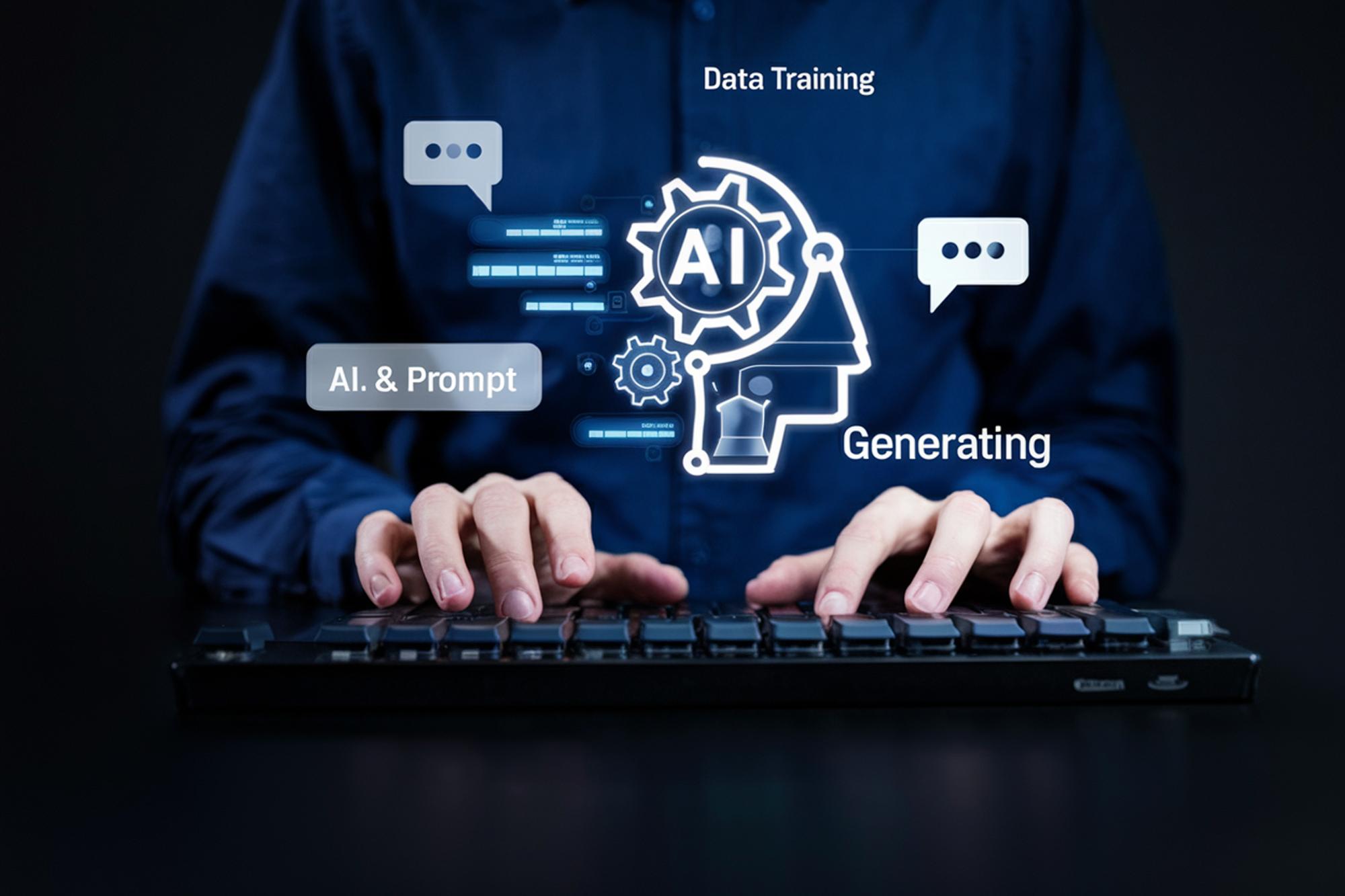In today’s rapidly evolving digital landscape, artificial intelligence (AI) integration is becoming a crucial factor in driving innovation, efficiency, and growth across various industries. From automating routine tasks to enhancing decision-making, AI is revolutionizing the way businesses operate. In this blog post, we will explore the significance of AI integration, its benefits, and the key considerations for successful implementation.
Understanding AI Integration
AI integration refers to the process of incorporating artificial intelligence technologies into existing business systems, applications, and workflows. This can involve machine learning models, natural language processing (NLP), computer vision, and other AI-powered tools. By seamlessly embedding AI into operations, organizations can enhance productivity, reduce human error, and unlock new opportunities for growth.
Benefits of AI Integration
1. Automation and Efficiency
AI-driven automation helps businesses streamline processes by handling repetitive and time-consuming tasks. This allows employees to focus on more strategic and creative activities, improving overall productivity.
2. Enhanced Decision-Making
AI-powered analytics provide organizations with deep insights and data-driven recommendations. By leveraging predictive analytics, businesses can make informed decisions faster and more accurately.
3. Personalized Customer Experiences
AI enables businesses to analyze customer behavior and preferences, allowing for highly personalized interactions. Chatbots, recommendation engines, and AI-driven marketing campaigns enhance customer engagement and satisfaction.
4. Cost Reduction
By automating routine tasks and optimizing operations, AI integration helps reduce operational costs. Companies can save on labor expenses while improving efficiency and accuracy.
5. Scalability and Adaptability
AI solutions are highly scalable and adaptable to changing business needs. Organizations can quickly implement AI-powered tools to accommodate growth and evolving market demands.
Key Considerations for AI Integration
1. Identify Business Needs
Before integrating AI, businesses should define their specific goals and challenges. Understanding where AI can have the most significant impact ensures a targeted and effective implementation.
2. Data Quality and Management
AI relies heavily on data. Ensuring high-quality, well-structured, and diverse datasets is crucial for accurate predictions and insights. Organizations must invest in proper data management strategies.
3. Choose the Right AI Tools and Platforms
Selecting the right AI technologies and platforms is essential for seamless integration. Businesses should evaluate AI solutions based on their compatibility, scalability, and ease of use.
4. Employee Training and Adoption
AI integration requires a workforce that understands and embraces AI-powered solutions. Providing training programs and fostering a culture of AI adoption ensures smooth implementation and maximized benefits.
5. Ethical and Regulatory Compliance
AI implementation must align with ethical standards and regulatory requirements. Businesses should prioritize transparency, fairness, and accountability to maintain trust and compliance.
Industries Benefiting from AI Integration
AI is making a profound impact across multiple industries, including:
- Healthcare: AI-powered diagnostics, personalized treatment plans, and robotic surgeries are transforming patient care.
- Finance: Fraud detection, automated trading, and AI-driven customer support improve financial services.
- Retail: AI-driven recommendation engines, chatbots, and inventory management optimize customer experiences and supply chains.
- Manufacturing: Predictive maintenance, quality control, and robotic automation enhance production efficiency.
- Education: AI-powered learning platforms, personalized tutoring, and automated grading revolutionize education.
Conclusion
AI integration is no longer a futuristic concept—it is a reality shaping industries and redefining business processes. Organizations that embrace AI-driven solutions can enhance efficiency, drive innovation, and stay ahead in a competitive market. By carefully planning AI adoption, addressing challenges, and ensuring ethical implementation, businesses can unlock the full potential of artificial intelligence and create a smarter, more efficient future.





